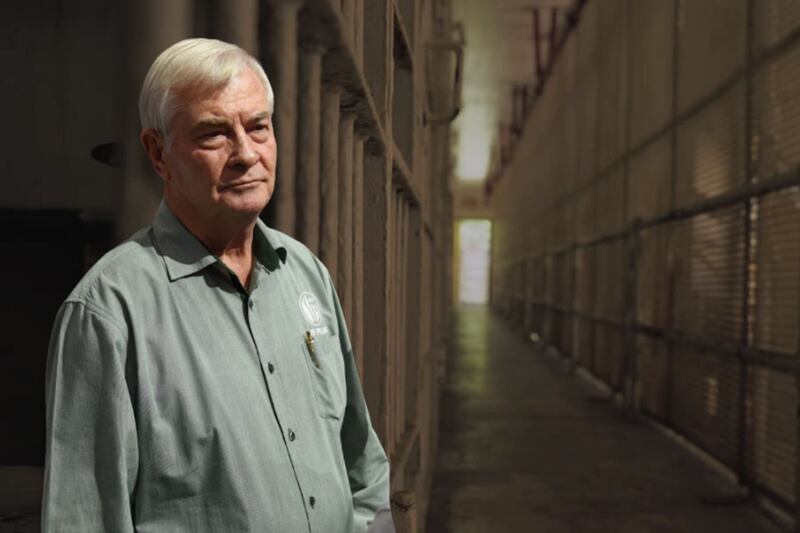South Africa is battling a culture of lawlessness all around. While most of us might think of lawlessness in terms of serious or heinous crimes such as GBV, rape, murder or large-scale corruption, the reality is lawlessness includes any action that contravenes the law. That can be something as simple as running a red robot, stealing intellectual property, unfair labour practices and corporal punishment.
We have become so accustomed to choosing which laws we follow and which we simply ignore. This nonchalance is encouraged by the inability of the state to enforce laws no matter how small they may seem, resulting in a lukewarm approach to certain laws.
This is even evident in how our politicians relate to certain laws. Just last week, minister of correctional services Pieter Groenewald suggested that we should bring back corporal punishment to discipline offenders and prevent petty crimes. His justification is that many incarcerated individuals were arrested and convicted of minor crimes such as theft of food in shops.
It is tempting to think we probably had less petty crime and no overpopulated prisons when corporal punishment was exercised. The reality, however, is there is no empirical evidence that proves that corporal punishment results in a more disciplined society. Corporal punishment is a reactionary measure that lacks creativity to deal with societal ills and promotes bullying among those in positions of power to dish out the corporal punishment.
We have seen abuses and disturbing records of schoolchildren who had been beaten to a point where it was clearly assault and no longer corrective punishment. It is concerning that a minister can advocate for corporal punishment to deal with much deeper societal issues that manifest as petty crime.
Though this particular law [against corporal punishment] seems ridiculous or nonsensical to some, there is excellent rationale behind doing away with corporal punishment.
The law is clear and it is about time government departments and leaders of those departments start taking the law seriously. Section 10 of the South African Schools Act, 1996 blatantly states that “no person may administer corporal punishment at a school to a learner,” making corporal punishment a criminal offence. Corporal punishment as a criminal sentence was abolished by the Abolition of Corporal Punishment Act, 1997. So we cannot advocate for corporal punishment in schools or in the correctional services as this goes against our human rights principles. Essentially we would be promoting the contravention of the law. Though this particular law seems ridiculous or nonsensical to some, there is excellent rationale behind doing away with corporal punishment.
A school principal from the Eastern Cape region of Alfred Nzo West has been suspended pending a formal investigation into allegations of administering corporal punishment against pupils at Osborn Senior Secondary School. Images that showed a learner’s injured hand shocked social media. If the teachers and principal indeed exercised corporal punishment then they should be criminally charged and sentenced to the maximum penalty to demonstrate that our laws are not just there for show. It would deter would-be abusers.
The legal consequence of corporal punishment can result in a fine or imprisonment and professional penalties such as suspension or dismissal. It is up to the government to now demonstrate just how sincere they are about upholding the law and not sweep such acts under the rug as usual.
If the minister of basic education is genuine about transforming education and learning in schools, she must act decisively against teachers who assault children at schools under the façade of corporal punishment. If we are going to have law-abiding citizens, we must start by correcting and acting against law breakers, no matter how small the infringement may seem.
But in the grand scheme of things, it talks to the very moral fibre of our country. If left unchecked and designated to grey areas, we should not be surprised if we find ourselves in a situation far worse and riskier for our children and communities at large.






Would you like to comment on this article?
Sign up (it's quick and free) or sign in now.
Please read our Comment Policy before commenting.